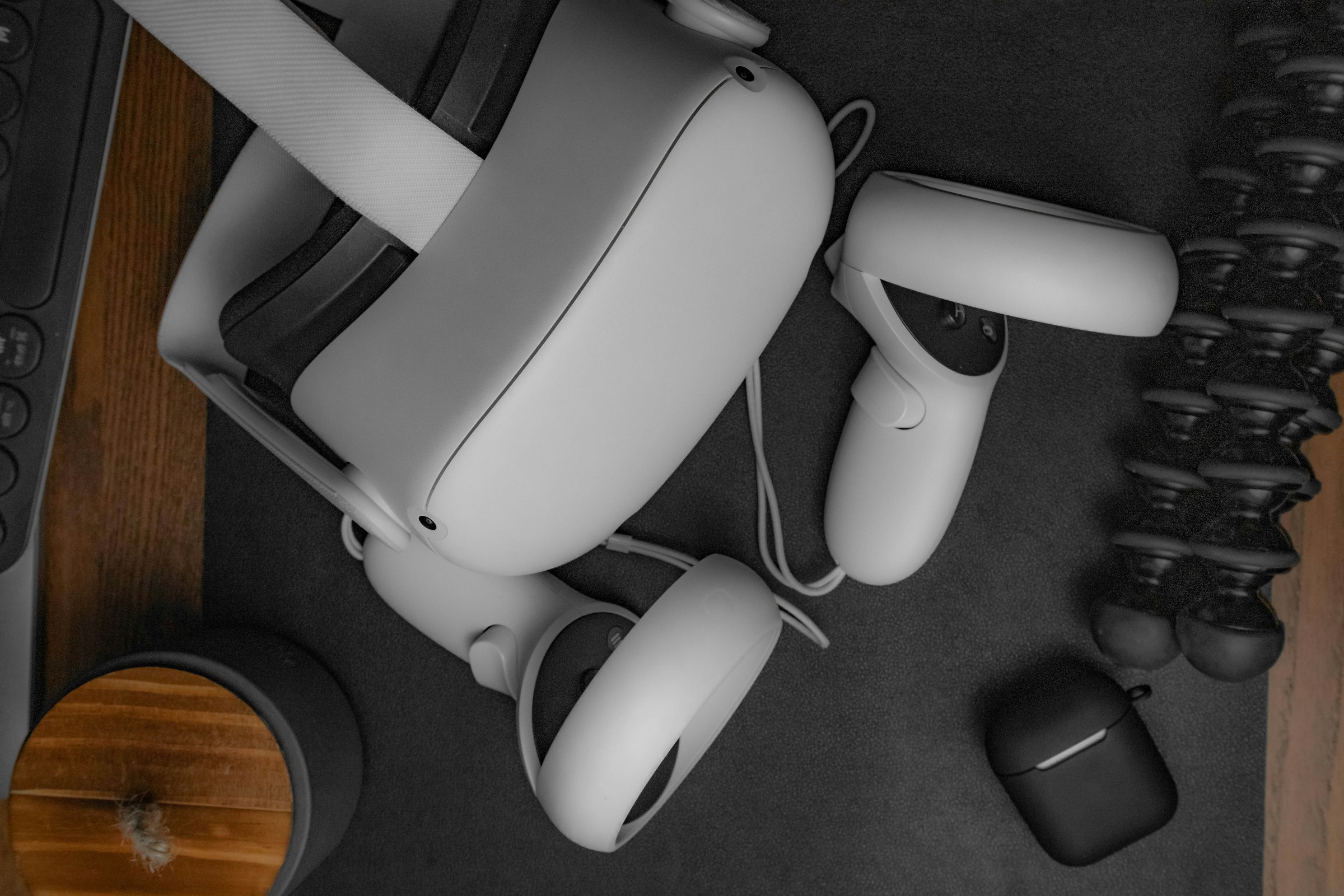Virtual Reality (VR) is revolutionizing various industries, and the automobile sector is no exception. UK car dealerships are increasingly exploring VR as a medium to enhance customer experience and boost sales. This article delves into how car dealerships in the UK can effectively utilize VR showrooms to maximize their sales potential, offering a modern solution to traditional dealership models.
What Are VR Showrooms?
Virtual Reality showrooms are immersive, interactive environments that allow customers to explore vehicles in a virtual space. This technology enables users to experience a car’s interior and exterior details as if they were physically present in a dealership.
Topic to read : How to Create a Loyalty Program for UK Coffee Shops that Drives Repeat Business?
VR showrooms provide an innovative alternative to the conventional car-buying experience. The technology isn’t just about novelty; it offers practical benefits that can significantly impact sales and customer satisfaction.
By integrating VR showrooms, dealerships can display a diverse range of vehicles without the physical constraints of space. This means that potential buyers can explore various models, compare features, and even customize cars to their preferences, all from the comfort of their home or a dealership’s dedicated VR station.
Also to read : How to Utilize Augmented Reality for Enhanced Customer Experience in UK Gyms?
Benefits of VR Showrooms for Car Dealerships
Adopting VR showrooms offers several compelling advantages for UK car dealerships. These benefits extend beyond enhancing the customer experience and translate into tangible business gains.
Enhanced Customer Experience
VR showrooms provide a personalized, immersive experience that is difficult to achieve in a traditional setting. Customers can virtually tour different vehicles, experiencing the look and feel without the need to visit multiple dealerships. This convenience can lead to higher customer satisfaction and loyalty.
Moreover, VR can simulate test drives, giving customers a realistic feel of the vehicle’s performance and features. This interactive element can help in addressing concerns and queries more effectively, thereby improving the overall purchasing experience.
Cost-Effective Solutions
Implementing VR can be a cost-effective strategy for dealerships. Traditional showrooms require considerable investment in terms of space and maintenance. VR showrooms, on the other hand, allow dealerships to showcase a vast inventory without the associated overheads.
Additionally, VR technology can streamline the sales process, reducing the need for extensive physical inventories and enabling a more focused and efficient sales strategy. This can lead to significant savings and a higher return on investment.
Increased Reach and Accessibility
VR showrooms break down geographical barriers, allowing dealerships to reach a wider audience. Potential buyers from different parts of the UK, or even from abroad, can explore the dealership’s offerings without the need for physical travel. This increased accessibility can attract a broader customer base and drive sales.
Furthermore, VR technology can be integrated with online platforms, making it easier for customers to schedule virtual tours and consultations. This seamless integration can enhance customer engagement and facilitate a smoother buying process.
Implementing VR Showrooms in UK Dealerships
Introducing VR showrooms requires strategic planning and technical expertise. Dealerships must consider several factors to ensure a successful implementation.
Choosing the Right Technology
The first step is selecting the appropriate VR technology. This involves choosing high-quality VR headsets and software that can deliver a seamless, realistic experience. Dealerships should collaborate with experienced VR technology providers to ensure that the virtual showroom is both functional and engaging.
It is also essential to ensure that the VR system is user-friendly. Potential buyers should be able to navigate the virtual showroom easily, without the need for extensive technical knowledge. A smooth and intuitive interface can enhance the user experience and encourage more customers to utilize the VR showroom.
Training Staff
Staff training is crucial in the successful implementation of VR showrooms. Sales teams need to be well-versed in the use of VR technology to assist customers effectively. This includes understanding how to operate the VR system, troubleshooting common issues, and guiding customers through the virtual experience.
Training should also focus on integrating VR into the sales process. Sales representatives should be able to highlight the unique selling points of VR showrooms and leverage the technology to address customer needs and preferences. This can help in creating a more impactful and persuasive sales pitch.
Marketing the VR Experience
Effectively marketing the VR showroom is essential to attract customers. Dealerships should use various channels, including social media, email campaigns, and in-store promotions, to highlight the benefits of VR showrooms.
Creating engaging content that showcases the VR experience can also be beneficial. For example, short videos or virtual tours can give potential buyers a glimpse of what to expect, enticing them to explore the VR showroom further. This can help in generating interest and driving footfall, both online and offline.
Future Trends and Innovations in VR Showrooms
The VR landscape is continually evolving, with new innovations and trends emerging regularly. UK car dealerships can stay ahead of the curve by keeping an eye on these developments and integrating them into their VR showrooms.
Augmented Reality Integration
One of the promising trends is the integration of Augmented Reality (AR) with VR showrooms. AR can enhance the virtual experience by overlaying digital information onto the real world. For example, customers can use AR to visualize how different accessories or customizations will look on a car in their driveway.
This blend of AR and VR can provide a more holistic and engaging experience, helping customers make more informed decisions. Dealerships that adopt this hybrid approach can offer a unique value proposition, setting themselves apart from competitors.
Advanced Customization Options
As VR technology advances, dealerships can offer more sophisticated customization options. Customers can virtually modify various aspects of the vehicle, such as paint colors, interior materials, and additional features. This level of customization can create a highly personalized experience, increasing customer satisfaction and the likelihood of a purchase.
Advanced customization tools can also provide real-time feedback and cost estimates, helping customers understand the financial implications of their choices. This transparency can build trust and confidence, leading to more successful sales conversions.
Data Analytics and Insights
VR showrooms can generate a wealth of data on customer preferences and behaviors. Dealerships can leverage this data to gain valuable insights and refine their sales strategies. For example, analyzing which car models or features are most popular can help in optimizing inventory and marketing efforts.
Data analytics can also identify patterns and trends, enabling dealerships to anticipate customer needs and tailor their offerings accordingly. This proactive approach can enhance customer satisfaction and drive long-term business growth.
UK car dealerships stand to gain significantly by adopting VR showrooms. This innovative technology offers numerous benefits, from enhancing the customer experience to reducing costs and expanding reach. By strategically implementing VR showrooms and staying abreast of emerging trends, dealerships can create a competitive edge and drive sales growth.
In an increasingly digital world, embracing VR can transform the traditional car-buying experience, making it more engaging, personalized, and convenient. UK car dealerships that recognize and harness the potential of VR showrooms will be well-positioned to thrive in the evolving automotive landscape.






